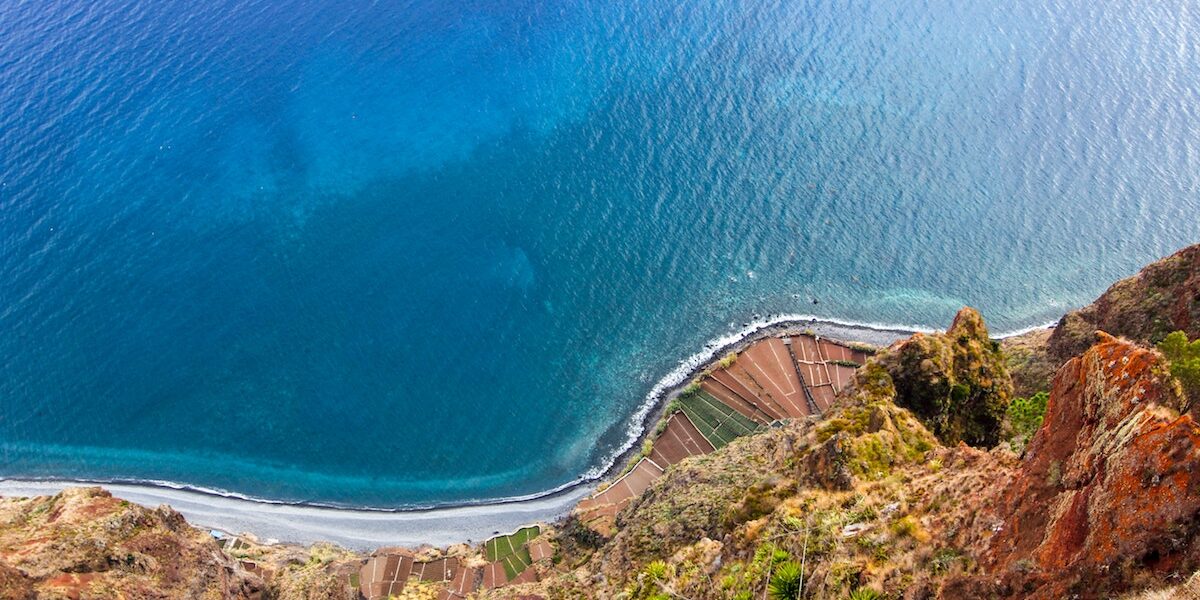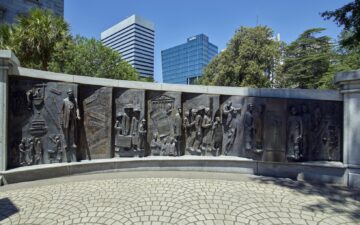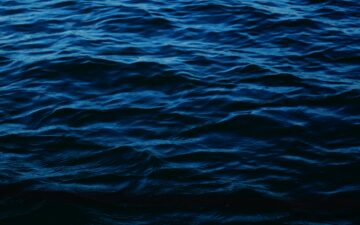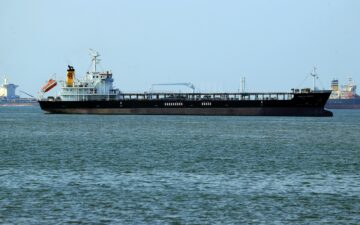Mark Spalding
In advance of my most recent trip to Mexico, I had the good fortune to participate with other ocean-minded colleagues, including TOF Board member Samantha Campbell, in an “Ocean Big Think” solutions brainstorming workshop at the X-Prize Foundation in Los Angeles. Many good things happened that day but one of them was the encouragement by our facilitators to focus on those solutions that touch the most ocean threats, rather than address a single problem.
This is an interesting frame because it helps everyone think about the interconnectedness of different elements in our world—air, water, land, and communities of people, animals, and plants—and how we can best help them all be healthy. And when one is thinking about how to address the big threats to the ocean, it helps to bring it down to the community level—and thinking about ocean values being replicated over and over gain in our coastal communities, and good ways to promote multi-pronged solutions.
Ten years ago, The Ocean Foundation was founded to create a global community for ocean conservation minded people. Over time, we have had the good fortune to build a community of advisors, donors, project managers, and other friends who care about the ocean everywhere. And there have been dozens of different kinds of approaches to improving the human relationship with the ocean so that it can continue to provide the air we breathe.
I went from that Los Angeles meeting down to Loreto, the oldest Spanish settlement in Baja California. As I revisited some of the projects we funded directly and through our Loreto Bay Foundation, I was reminded of just how diverse those approaches can be—and how it is hard to anticipate what might be needed in a community. One program that continues to thrive is the clinic that provides neutering (and other health) services for cats and dogs—reducing the number of strays (and thus disease, negative interactions, etc.), and in turn, the runoff of waste to the sea, predation on birds and other small animals, and other effects of overpopulation.
INSERT VET PHOTO HERE
Another project repaired one shade structure and added an additional smaller structure for a school so that children could play outside at any time. And, as part of our effort to make already permitted development more sustainable, I was pleased to see that the mangroves we helped plant remain in place in Nopolo, south of the old historic town.
INSERT MANGROVE PHOTO HERE
Still another project helped Eco-Alianza on whose advisory Board I am proud to sit. Eco-Alianza is an organization that focuses on the health of Loreto Bay and the beautiful national marine park that lies within. Its activities—even the yard sale that was happening the morning I arrived to visit—are all part of connecting the communities of Loreto Bay to the incredible natural resources on which it depends, and which so delight the fishermen, tourists, and other visitors. In a former house, they have built a simple but well-designed facility where they conduct classes for 8-12 year olds, test water samples, host evening programs, and convene local leadership.
INSERT YARD SALE PHOTO HERE
Loreto is just one small fishing community in the Gulf of California, just one body of water in our global ocean. But as global as it is, World Oceans Day is as much about these small efforts to improve coastal communities, to educate about the rich diversity of life in the adjacent marine waters and the need to manage it well, and to connect the health of the community to the health of the oceans. Here at The Ocean Foundation, we are ready for you to tell us what you would like to do for the oceans.






